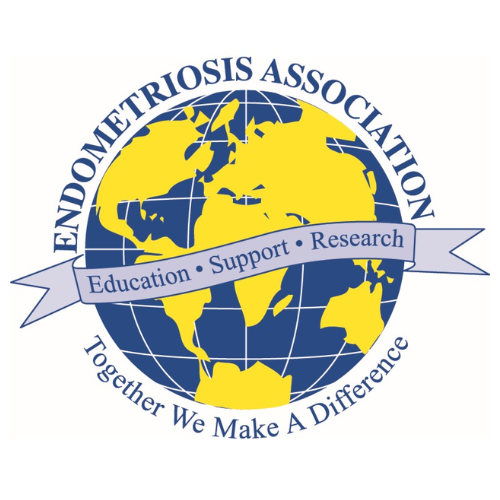Endometriosis is a complex condition where tissue similar to the lining inside the uterus (endometrium) grows outside the uterus, causing pain, inflammation, and other symptoms. While medical treatments play a crucial role in managing endometriosis, nutrition also plays a significant role in supporting overall health and potentially alleviating symptoms. At the Endometriosis Association, we recognize the importance of nutrition in managing this condition. Here’s how making informed dietary choices can positively impact your journey with endometriosis.
Understanding the Role of Nutrition in Endometriosis
Nutrition can influence inflammation levels, hormone balance, and overall well being, all of which are pertinent to managing endometriosis symptoms. While no specific diet can cure endometriosis, certain dietary strategies can potentially help reduce inflammation and alleviate discomfort.
Key Nutritional Considerations
- Anti-inflammatory Foods: Incorporating foods rich in antioxidants and anti-inflammatory properties can help mitigate inflammation associated with endometriosis. Examples include fruits (such as berries), vegetables (like leafy greens and cruciferous veggies), nuts, seeds, and fatty fish rich in omega-3 fatty acids. 🥗🍓
- Fiber-Rich Foods: Fiber supports gut health and can aid in estrogen metabolism, potentially reducing estrogen levels which may lessen symptoms of endometriosis. Whole grains, legumes, fruits, and vegetables are excellent sources of dietary fiber. 🍞🥦
- Balanced Macronutrients: Ensuring a balance of carbohydrates, proteins, and healthy fats provides sustained energy and supports overall health. Opt for lean proteins, whole grains, and healthy fats like avocados and olive oil. 🥑🍳
- Limiting Potential Triggers: Some individuals with endometriosis find that certain foods exacerbate symptoms. These may include processed foods, refined sugars, caffeine, and alcohol. Keeping a food diary can help identify personal triggers. 🚫🍔
Lifestyle and Nutrition Tips
- Hydration: Staying well-hydrated supports overall health and can help alleviate symptoms such as bloating and constipation.
- Mindful Eating: Practicing mindful eating, such as chewing slowly and savoring meals, can aid digestion and promote overall wellbeing.
- Supplements: Some individuals may benefit from specific supplements under the guidance of a healthcare provider, such as omega-3 fatty acids, vitamin D, and magnesium.
Consulting with a Nutrition Professional
Every individual with endometriosis is unique, and dietary needs may vary. Consulting with a registered dietitian or nutritionist who specializes in endometriosis can provide personalized guidance tailored to your specific symptoms, lifestyle, and preferences. They can help create a sustainable nutrition plan that supports your overall health and wellbeing.
Contact Us Today!
For more information on nutrition and managing endometriosis, contact Endometriosis Association. Our dedicated team is here to provide resources, support, and information to empower individuals affected by endometriosis. Whether you’re seeking nutritional guidance or looking to connect with others who understand your journey, we’re here to help.
Website: https://endometriosisassn.org/about-endometriosis/endometriosisnutrition
Empower yourself with knowledge and support. Together, we can navigate the complexities of endometriosis with compassion and informed choices. Reach out to us today and take control of your health through nutrition and holistic care. 🌟🍏
In conclusion, nutrition plays a vital role in managing symptoms and supporting overall health for individuals with endometriosis. By making informed dietary choices and seeking guidance from healthcare professionals, you can optimize your wellbeing and enhance your quality of life. Contact the Endometriosis Association today to explore how nutrition can complement your journey with endometriosis.
